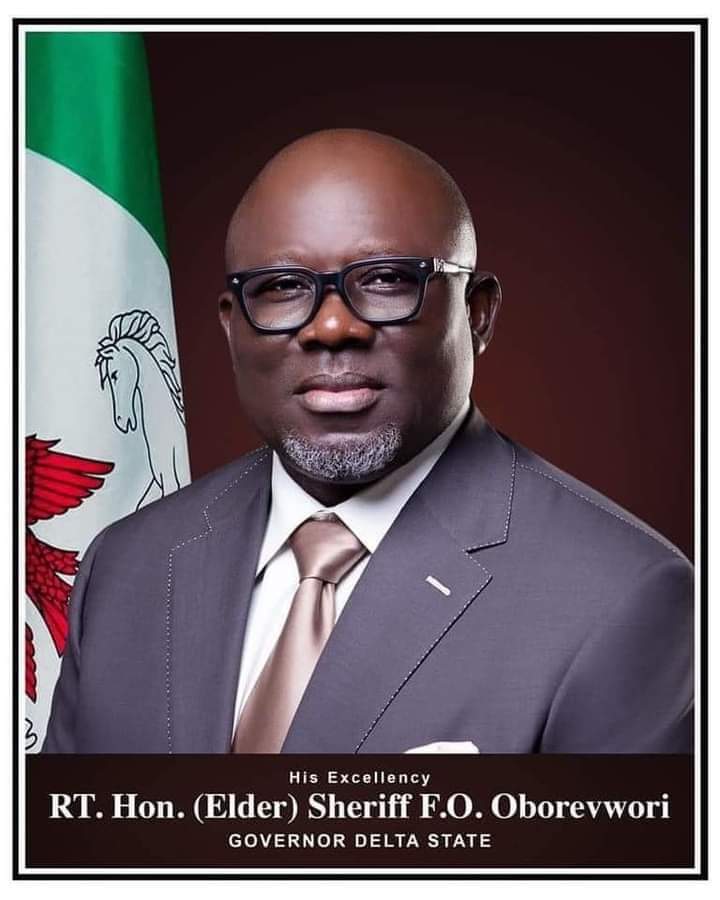The recent removal of fuel subsidies by the Federal Government, under the leadership of President Bola Ahmed Tinubu, has had a devastating impact on the lives of Nigerians and Deltans in particular. The resulting increase in fuel prices has led to a domino effect, causing a surge in the cost of goods and services, and ultimately burdening the citizens with a higher cost of living. In light of this dire situation, it is imperative that the Delta State Government, led by Rt. Hon. Sheriff Oborvwori, takes immediate action to mitigate the plight of its people, following the commendable example set by the Edo State Government led by H.E. Godwin Obaseki.

Taking cues from the empathetic measures implemented by the Edo State Government, it is clear that there are proactive steps that can be taken to alleviate the suffering of the citizens. The Edo State Government, understanding the hardships faced by its people, has increased the minimum wage from N30,000 to N40,000, the highest in the country. This step demonstrates a commitment to recognizing and addressing the financial strain caused by the fuel subsidy removal.
Delta State must take a similar approach by prioritizing the welfare of its citizens. Governor Oborvwori should consider implementing measures such as increasing the minimum wage in the state to provide much-needed relief. By ensuring that workers are adequately compensated for their labor, the government can help alleviate the burden imposed by rising fuel prices. This should not be a difficult thing to do, given that Delta State is financially more endowed than its Edo State counterpart.
In addition to wage adjustments, the Delta State Government should explore innovative solutions to reduce commuting expenses for civil and public servants. The Edo State Government has proactively reduced the number of workdays to three days a week, with two days of remote work, thus reducing transportation costs. Delta State should consider adopting a similar approach, allowing workers to work from home for a portion of the week. This not only saves transportation costs but also contributes to reducing traffic congestion and carbon emissions. A similar approach was adopted during the Covid-19 lockdown.
Equally important to the aforementioned measures, it is crucial for the Delta State Government to consider the adoption of the mass transit bus system implemented by former Governor Emmanuel Uduaghan. The introduction of a reliable and efficient mass transit system can help alleviate the burden of rising fuel prices on commuters and provide a sustainable transportation solution for the citizens of Delta State. By investing in well-maintained buses, establishing designated routes, and implementing affordable fare structures, the government can encourage more people to utilize public transportation, thereby reducing individual transportation costs and mitigating traffic congestion. This approach not only promotes economic efficiency but also contributes to environmental sustainability by minimizing carbon emissions. It is high time for the Delta State Government to revisit and embrace this impactful initiative, ensuring that the benefits of a robust mass transit system are realized by the people of Delta State.
Furthermore, the Edo State Government is prioritizing education by expanding the EdoBEST@Home initiative, creating virtual classrooms to minimize the need for physical commuting to schools. Delta State should follow suit by investing in similar programs to alleviate the financial burden on parents, teachers, and students. By leveraging technology and providing virtual learning opportunities, the government can significantly reduce transportation costs while ensuring that education remains accessible.
Addressing the rising cost of energy is another crucial aspect that requires immediate attention. The Delta State Government should collaborate with electricity companies to improve power supply to homes and businesses. This will help alleviate the strain caused by the fuel price increase, as reliance on alternative sources of energy can reduce expenses for individuals and companies.
Finally, the government should explore opportunities to promote remote work and digital connectivity. By investing in infrastructure such as fiber optic connections, the Delta State Government can enable more individuals to work remotely, reducing transportation costs and enhancing productivity. This will not only benefit the citizens but also contribute to a more sustainable and resilient economy. Yes, you can!
